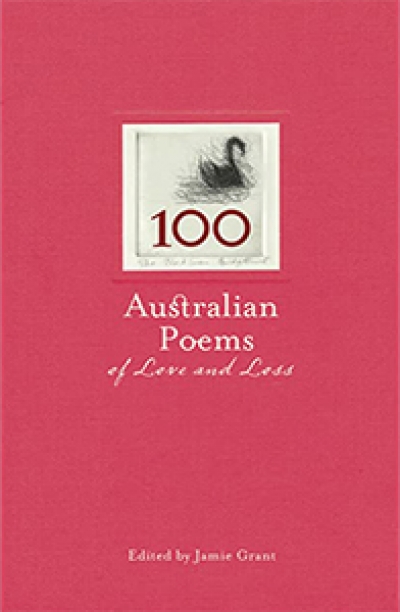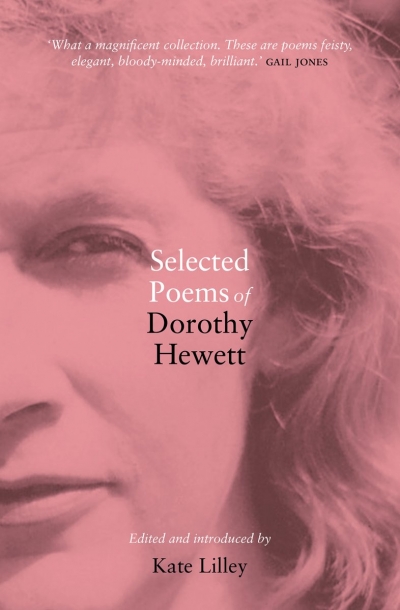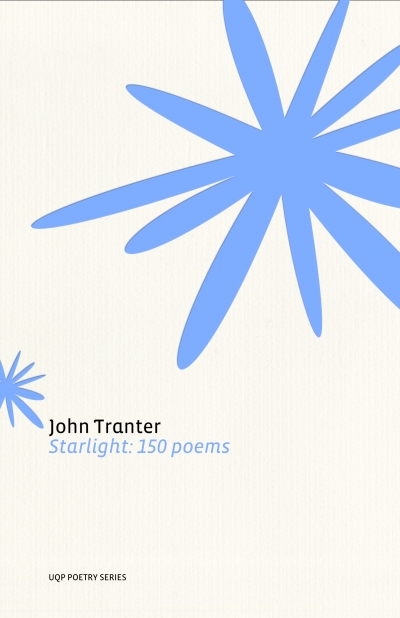Accessibility Tools
- Content scaling 100%
- Font size 100%
- Line height 100%
- Letter spacing 100%
Australian Poetry
The ABR Podcast
Released every Thursday, the ABR podcast features our finest reviews, poetry, fiction, interviews, and commentary.
Subscribe via iTunes, Stitcher, Google, or Spotify, or search for ‘The ABR Podcast’ on your favourite podcast app.
‘Where is Nancy?’ Paradoxes in the pursuit of freedom
by Marilyn Lake
This week on The ABR Podcast, Marilyn Lake reviews The Art of Power: My story as America’s first woman Speaker of the House by Nancy Pelosi. The Art of Power, explains Lake, tells how Pelosi, ‘a mother of five and a housewife from California’, became the first woman Speaker of the United States House of Representatives. Marilyn Lake is a Professorial Fellow at the University of Melbourne. Listen to Marilyn Lake’s ‘Where is Nancy?’ Paradoxes in the pursuit of freedom’, published in the November issue of ABR.
Recent episodes:
A Cool and Shaded Heart by Noel Rowe & Ethical Investigations by Noel Rowe
A Local Habitation: Poems and Homilies by Peter Steele, edited by Sean Burke
Starlight: 150 Poems by John Tranter & The Salt Companion to John Tranter edited by edited by Rod Mengham
In an essay on the poetry of George Crabbe, Peter Porter wrote, ‘It is a great pleasure to me, a man for the littoral any day, to read Crabbe’s description of the East Anglian coast.’ Happily, there is by now a substantial and various array of writings about Porter’s work, and I would like simply to add that his being, metaphorically, ‘a man for the littoral’, with all its interfusions, is one of his distinguishing qualities, and something to rejoice in. Coastlands, and marshes, are essential to his intellect and to his imagination. He may never have had one foot in Eden, but he did rejoice in a plurality of territories.
... (read more)







